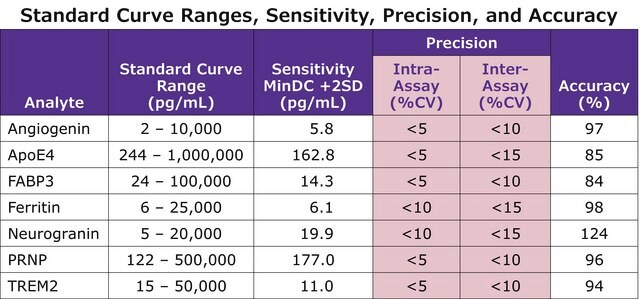G-401
87042204, human kidney, Epithelial-like
Zaloguj sięWyświetlanie cen organizacyjnych i kontraktowych
About This Item
Kod UNSPSC:
41106514
Polecane produkty
Nazwa produktu
G-401, 87042204
pochodzenie biologiczne
human kidney
opakowanie
tube of 5 μg 87042204-DNA-5UG
pkg of vial of cells 87042204-1VL
tryb wzrostu
Adherent
kariotyp
2n = 46, diploid
morfologia
Epithelial-like
produkty
Not specified
receptory
Not specified
metody
cell culture | mammalian: suitable
powiązane choroby
cancer
Warunki transportu
dry ice
temp. przechowywania
−196°C
Pochodzenie linii komórkowej
Ludzki kaukaski guz rabdoidalny (dawniej klasyfikowany jako guz Wilma)
Opis linii komórkowej
Pochodzi z guza 3-miesięcznego mężczyzny rasy kaukaskiej. Wysoce transformowany i rośnie w miękkim agarze. Wysoce niezróżnicowany. G401 został pierwotnie opisany jako linia komórkowa pochodząca z guza Wilma. Ze względu na zmianę w klasyfikacji takich guzów, linia komórkowa została zbadana przez Garvina i wsp. w 1993 r. i stwierdzono, że jest bardziej odpowiednio sklasyfikowana jako pochodząca z guza rabdoidalnego nerki.
Zastosowanie
Badania nad transformacją i nowotworotwórczością
Profil DNA
Dane STR-PCR: Amelogenina: X,Y
CSF1PO: 11,13
D13S317: 9,14
D16S539: 12
D5S818: 13
D7S820: 11,14
THO1: 8,9.3
TPOX: 8,11
vWA: 16
CSF1PO: 11,13
D13S317: 9,14
D16S539: 12
D5S818: 13
D7S820: 11,14
THO1: 8,9.3
TPOX: 8,11
vWA: 16
pożywka hodowlana
McCoy's 5a + 2mM Glutamina + 10% Płodowa Surowica Bydlęca (FBS).
Rutyna subkultury
Podzielić subkonfluentne hodowle (70-80%) w stosunku 1:2 do 1:6, tj. wysiewając 2-5x10 000 komórek/cm2 przy użyciu 0,25% trypsyny lub trypsyny/EDTA; 5%CO2; 37°C. Zmieniaj pożywkę co 4 dni.
Inne uwagi
W przypadku przesyłek w regionie Azji i Pacyfiku mogą obowiązywać dodatkowe opłaty za transport i obsługę. Więcej informacji można uzyskać u lokalnego przedstawiciela działu obsługi klienta.
Ta strona może zawierać tekst przetłumaczony maszynowo.
Wybierz jedną z najnowszych wersji:
Certyfikaty analizy (CoA)
Lot/Batch Number
It looks like we've run into a problem, but you can still download Certificates of Analysis from our Dokumenty section.
Proszę o kontakt, jeśli potrzebna jest pomoc Obsługa Klienta
Masz już ten produkt?
Dokumenty związane z niedawno zakupionymi produktami zostały zamieszczone w Bibliotece dokumentów.
Nasz zespół naukowców ma doświadczenie we wszystkich obszarach badań, w tym w naukach przyrodniczych, materiałoznawstwie, syntezie chemicznej, chromatografii, analityce i wielu innych dziedzinach.
Skontaktuj się z zespołem ds. pomocy technicznej








